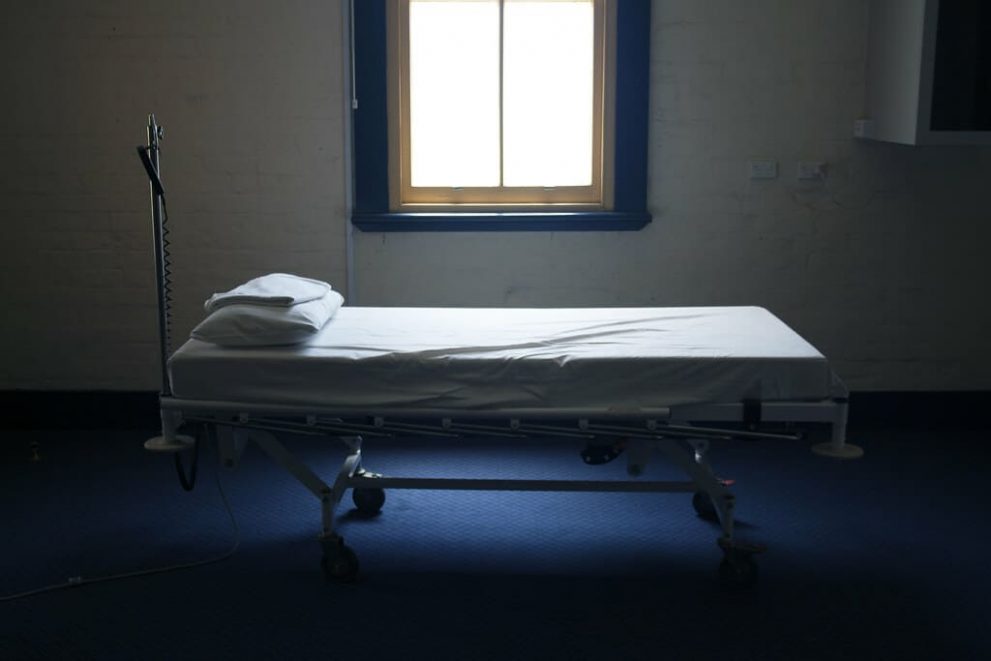
 Industrial Alliance Securities analyst Chelsea Stellick likes the new acquisition by Protech Home Medical (Protech Home Medical Stock Quote, Chart TSXV:PTQ), saying in a Monday update to clients that the addition of Georgia-based sleep therapy business Sleepwell is highly accretive.
Industrial Alliance Securities analyst Chelsea Stellick likes the new acquisition by Protech Home Medical (Protech Home Medical Stock Quote, Chart TSXV:PTQ), saying in a Monday update to clients that the addition of Georgia-based sleep therapy business Sleepwell is highly accretive.
Protech is a US-based provider of in-home monitoring and disease management services with an array of home durable medical equipment (DME) including end-to-end respiratory services. The company announced on Monday the acquisition of Sleepwell, previously announced as a Letter of Intent on September 8, for $9.3 million in cash and $5.1 million in share consideration at $1.47 per share. (All figures in US dollars except where noted otherwise.)
PTQ says Sleepwell will add $13 million to the company’s annual revenue and between $3.4 and $4.0 million to its adjusted EBITDA.
“The closing of the Sleepwell acquisition comes at an important inflection point for Protech,” said Greg Crawford, chairman and CEO of Protech in a press release. “On the heels of surpassing the $100 million annual revenue run-rate, we have quickly grown to a revised annual revenue run-rate of over $120 million, reflecting our continued aggressive stance towards building scale at a reasonable cost across the organization. Sleepwell helps reach this goal by aiding Protech in further penetrating existing markets in Georgia and opening new and exciting markets in both Georgia and Ohio.”
“Sleepwell adds new locations and markets to PTQ’s existing patient base. While many sleep businesses and labs were temporarily shut down as a result of the COVID-19 pandemic, Sleepwell’s re-supply program provides more dependable income streams and more certainty, which will compliment PTQ’s current sleep business…”
The acquisition will add five new locations and three new markets to PTQ stable, with Sleepwell having in addition to its Georgia business sleep services in Dayton, Ohio, which represents a new market for Protech.
On the new buy, Stellick wrote, “This is a positive move for PTQ as it is a highly accretive acquisition. Sleepwell has a patient centric re-supply subscription-based model which will compliment PTQ’s current sleep therapy business segment.”
“Sleepwell adds new locations and markets to PTQ’s existing patient base. While many sleep businesses and labs were temporarily shut down as a result of the COVID-19 pandemic, Sleepwell’s re-supply program provides more dependable income streams and more certainty, which will compliment PTQ’s current sleep business,” she said.
Stellick has upped her target price on PTQ due to the acquisition and now pairs her reiterated “Buy” rating with a C$3.20 target (previously C$2.60), which at press time represented a projected 12-month return of 105.1 per cent.
Looking ahead, Stellick now thinks Protech will generate fiscal 2020 revenue of $100.6 million (previously $99.3 million) and adjusted EBITDA of $20.3 million (previously $20.1 million). For fiscal 2021, she is calling for revenue of $128.3 million (previously $113.7 million) and adjusted EBITDA of $26.1 million (previously $22.5 million).
PTQ is already up 60 per cent in 2020 but Stellick thinks the stock is still trading at a significant discount to its peers at about a 6.0x multiple of her 2021 EV/adjusted\ EBITDA estimates versus its industry peers at about 11.0x.
“We believe [the discount] is unwarranted given PTQ’s strong track record of successfully improving profitability,” Stellick said.
The changes in healthcare have been almost as swift as the onset of the COVID-19 pandemic itself. Writing for TIME Magazine, Abigail Abrams wondered aloud if these changes would stick once the crisis subsides. She said the sheer duration of the event has changed things.
“Now that it’s clear the pandemic is not going away anytime soon, medical providers and hospital administrators say they need more substantial reforms to ensure their investments in telehealth can continue,” she said. “Whether innovations like remote hospital recovery beds will be available in the long term depends primarily on whether public and private insurers will continue to pay for them. In other words, in the topsy-turvy health care economy of the United States, it’s payment models—not technological ability or patient benefit—that will now determine the future of virtual care.”
Dr. Karen Rheuban, director of the University of Virginia Center for Telehealth,” said there is no doubt as to whether or not this is a permanent thing. “COVID-19 changed everything when it comes to telemedicine services,” she argued. The genie’s not going back in the bottle.”
Telehealth advocates say now is the time to act,” added Abrams. “A range of virtual offerings could be revolutionary for patients who are seriously sick, need long-term care, or live in rural areas, where hospital closings have left millions of Americans without easy access to treatment.”
“The environment in a hospital, although it’s very conducive to high intensity care, is not that conducive to being able to engage in normal activities of daily living that might be actually important for recovery,” added Dr. Michael Apkon, CEO of Tufts Medical Center.
Leave a Reply
You must be logged in to post a comment.





 Share
Share Tweet
Tweet Share
Share




Comment